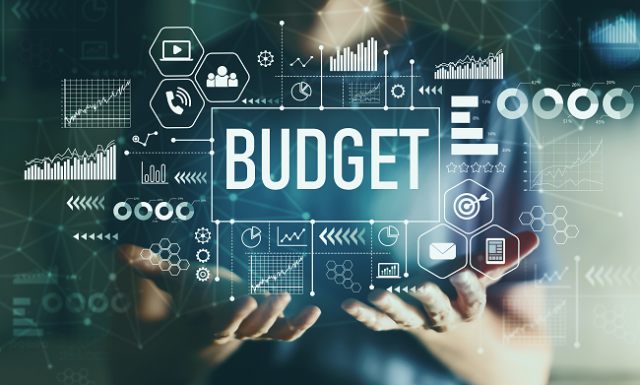Chancellor Rishi Sunak presented the Spring Budget today, with certain elements of the announcement being welcomed for their efforts to ease the cost of living. However, major aspects of the Budget have attracted severe criticism for how they will impact the UK’s self-employed workforce.
Amid growing warnings about the rising cost-of-living, the Chancellor announced some measures to address this, which were broadly welcomed. This included fuel duty being cut by 5p a litre until March 2023 and VAT for homeowners installing energy efficiency materials being cut from 5 per cent to zero for five years.
Furthermore, the National Insurance threshold will increase to £12,570 from July, the basic rate of income tax will be cut from 20p to 19p and the Employment Allowance for small business National Insurance relief will increase in April from £4,000 to £5,000.
However, despite this, the Budget was strongly criticised by the Association of Independent Professionals and the Self-Employed (IPSE). The IPSE had previously urged the Chancellor to delay increases to National Insurance and dividend tax, but the Budget brought confirmation that these would be implemented.
IPSE Director of Policy Andy Chamberlain described the increases as “a blow” for the self-employed, adding: “With inflation reaching its highest level in thirty years and household bills skyrocketing, the hike comes at the worst possible time for self-employed workers.”
Chamberlain continued: “The rise in National Insurance is particularly damaging to those that work via an umbrella company, as these workers are forced to pay the tax twice – as an employer and as an employee. Although the raising of the NI threshold will, to a degree, mitigate the additional burden of this measure, many self-employed taxpayers will still be worse off.”
Chamberlain welcomed the cut to fuel duty, among other measures, but said the Budget announcements “still don’t go far enough for thousands of freelancers that are recovering from the economic uncertainty caused by the pandemic.”
“Overall, today’s statement will do little to reassure self-employed households, already struggling as a result of existing government policies such as IR35, and now facing historic inflationary pressures,” Chamberlain concluded.
Sign in
Welcome! Log into your account
Forgot your password? Get help
Password recovery
Recover your password
A password will be e-mailed to you.









